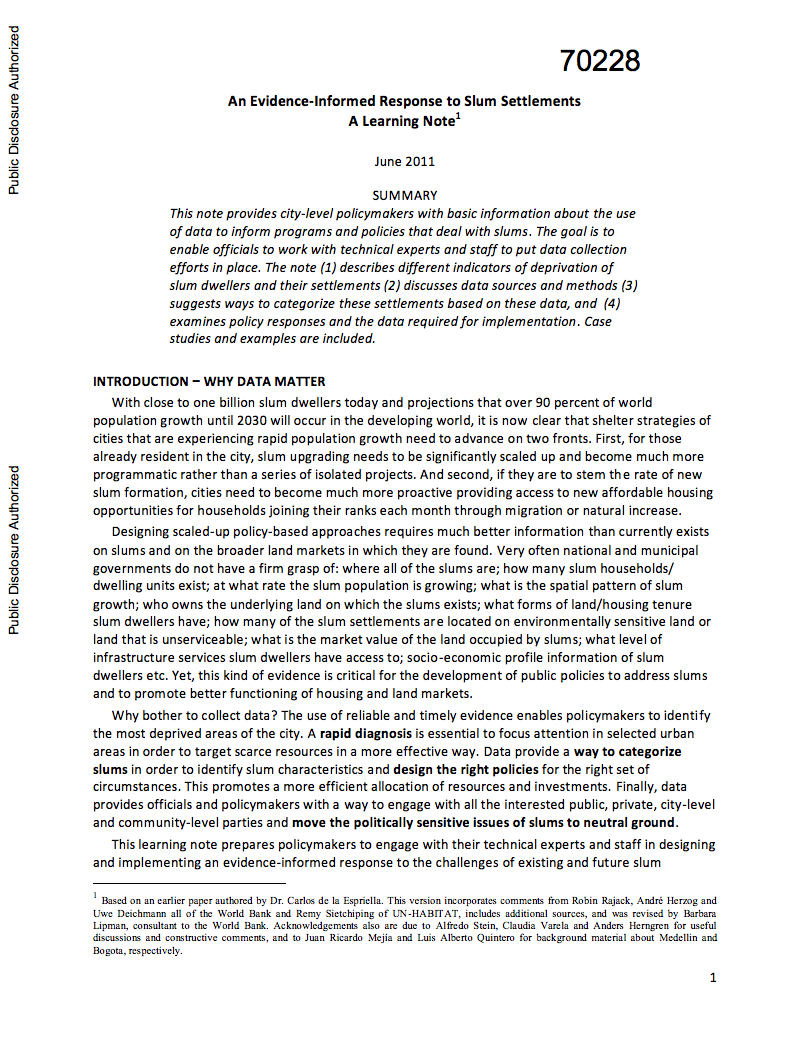The Philippines : Country Environmental Analysis
The objectives of this Country
Environmental Analysis (CEA) were to assess the
environmental quality in the Philippines with a focus on how
this affects human welfare and sustainability, measure and
analyze the biophysical significance and monetary cost of
environmental degradation and derive priority areas of
action, assess the Philippines government's capacity to
manage the environmental challenges identified, and identify


